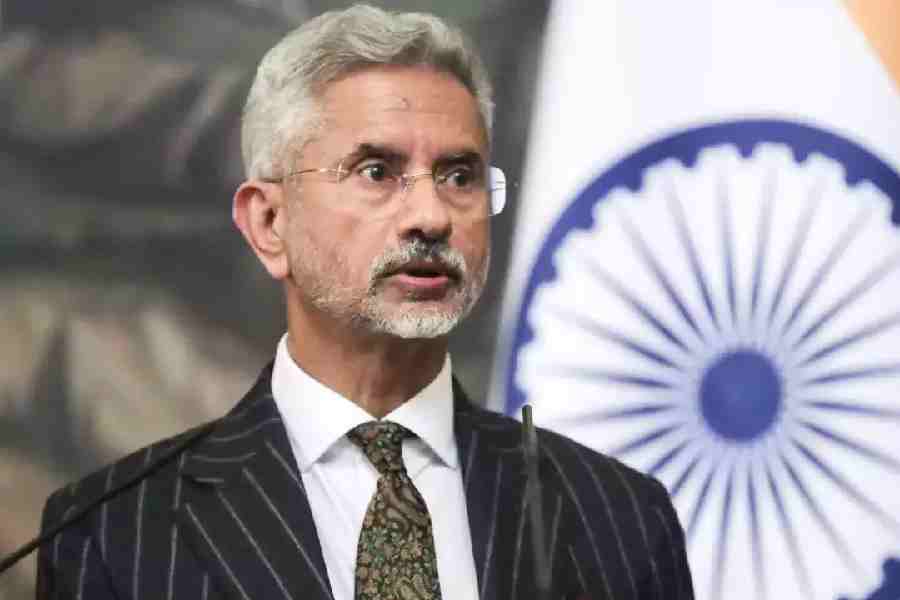Relations between India and China have been in an "abnormal state" since the 2020 Galwan clash and it is a "possibly longer than medium-term issue", External Affairs Minister S Jaishankar said here.
If the two biggest countries of the world have that degree of tension between them, "it has consequences for everybody else", he asserted during a conversation at the Council on Foreign Relations to a question about India-China relations.
"You know, one of the pleasures of dealing with China is that they never quite tell you why they do things. So you often end up trying to figure it out. And it's always, there's certain ambiguity out there," Jaishankar said.
"It is very hard to try to be normal with a country which has broken agreements and which has done what it has done. So if you look at the last three years, it's a very abnormal state," the minister added.
"Contacts have been disrupted, visits are not taking place. We have of course this high level of military tension. It has also impacted the perception of China in India," he said.
"So I think there's both an immediate issue, as well as a medium-term issue, possibly longer than medium-term issue out there," Jaishankar said.
The external affairs minister outlined a historical perspective on the relations between Delhi and Beijing, adding that it has never been easy.
"It's had a war in 1962. It's had military incidents after that. But after 1975, there's never been a combat fatality on the border, 1975 was the last time," he said, adding that in 1988, India normalised the relationship more when then Prime Minister Rajiv Gandhi went to China.
Jaishankar further pointed out that in 1993 and 1996, India made two agreements with China to stabilise the boundary, which is disputed. "So there's a negotiation going on." He said it was agreed that neither India nor China would actually amass troops at the Line of Actual Control and if either side brought more than a certain number of troops, it would inform the other side. "So it was pretty explicit the way it was laid out," the minister said.
Jaishankar added that there have been subsequent agreements after that and it was a "very unique situation" because, in the boundary areas, troops on either side would step out of their designated military bases, do their patrolling and return to their bases.
"If they happen to intersect somewhere, there were very clear rules about how they would conduct themselves and the use of firearms was prohibited. So this is how it was really till 2020," he said.
In 2020, when India was in the middle of its strict COVID-19 lockdown, "we saw that Chinese troops in very large numbers were moving towards the Line of Actual Control".
"So in the middle of all of that, we actually had to mobilise and counter-deploy, which we did. And then we had a situation where we were understandably worried that the troops were now much too close. And we cautioned the Chinese that such a situation could create problems and sure enough, in the middle of June 2020 it did," he said.
Jaishankar said the Chinese side gave different explanations at various points of time but none of them are really tenable. "And since then, we have been trying to disengage." "We have been partially successful," the minister added.
"Now what it has done is it has completely in a way impacted the relationship because it's very hard to try to be normal with a country which has broken agreements and which has done what it has done," Jaishankar added.
Except for the headline, this story has not been edited by The Telegraph Online staff and has been published from a syndicated feed.











